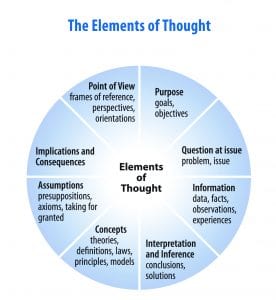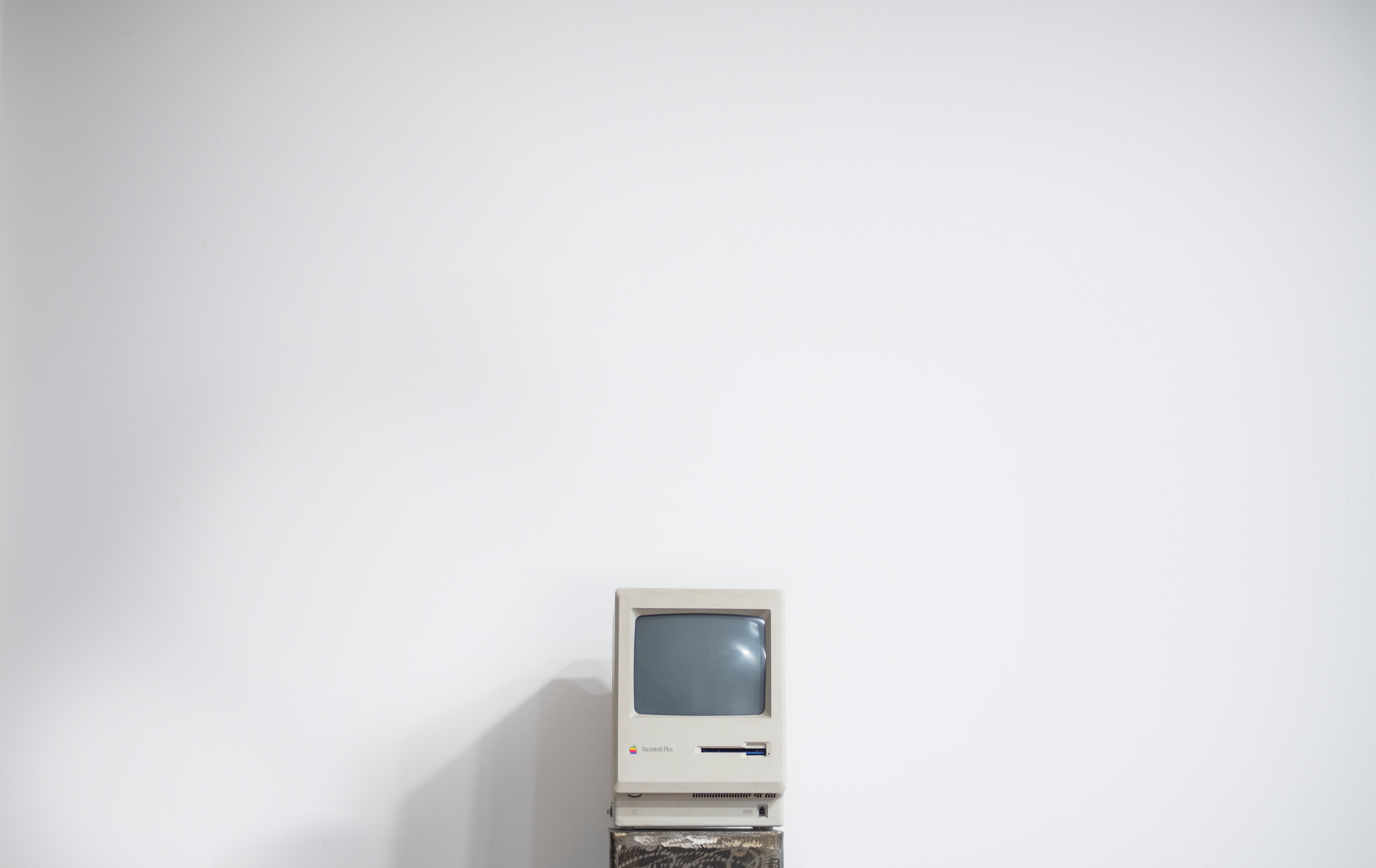During our long block practicum, we have one online course per term. The course we finished earlier this month, Integrative Studies 2 (Integrative Studies 1 was part of our Level 1 curriculum), focused on quality management systems, and the application of critical thinking and ethical practice in the profession.
There were a few quizzes and case study assignments, but the course was primarily discussion-based. After reading the content in each module, we were invited to share our thoughts and build dialogue with our peers.
My favourite modules were on critical thinking and bioethics. In the critical thinking module we were introduced to the ‘Elements of Thought’ – 8 structures upon which critical analysis is based. I think there is a lot of value in critiquing one’s own thinking—especially in a culture that so often nurtures a ‘go go go’ mentality. When used appropriately it can strengthen our empathy and understanding of others, approach(es) to conflict management, and workplace productivity. Troubleshooting – in the lab and in many other professions – is inevitable (standard lab example being analyzer issues!) The Elements of Thought offer a thorough approach when navigating such situations.
Are you a BCIT News insider? Sign-up to receive the latest news on BCIT.

That said, I do think there is a fine line between being an effective critic, and being over-critical of your own thinking. Using the Elements of Thought in simple, everyday tasks would be mentally exhausting.
And some situations just aren’t suited for critical thinking. We have the fight-or-flight response in times of immediate threat or danger. How about the celebratory aspect of sports? Competitive anything? If hockey players were to engage in critical thinking after scoring a game-winner, would they be celebrating? Probably not, as rationalizing the situation would lead to them considering the viewpoint of the losing team… I guess I feel some situations require that spontaneity; genuine emotion and experience. It’s important to find balance between the two.
I won’t get into the specific bioethics case studies we were introduced to but it was eye-opening, reading all these medical-ethical dilemmas that really challenge the decision making of healthcare professionals, patients, and their families. Though lab techs aren’t often directly involved in these decisions, we uphold a code of ethics like any profession. I have a lot of respect for those who do have to make those difficult calls.
There was one group project for the term—a mock job interview which we filmed and submitted online. As we will be interviewing for actual jobs in the new year, it was a valuable exercise in preparing questions and responses.
Overall, I found Integrative Studies 2 quite interesting. It gave me perspective on the role and responsibilities of a technologist in such a vast healthcare system.
Read more of Natalie’s journey in the Medical Laboratory Science program at BCIT.
